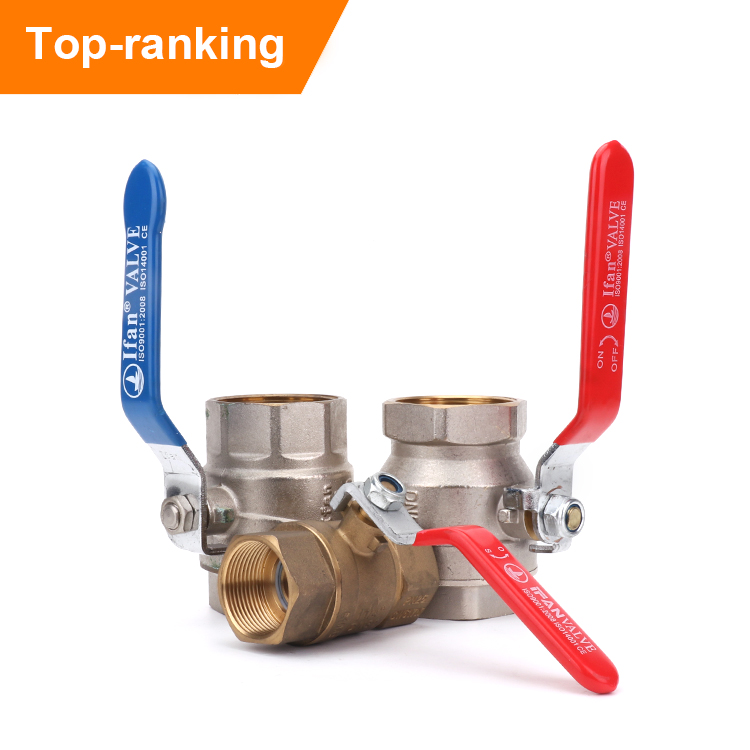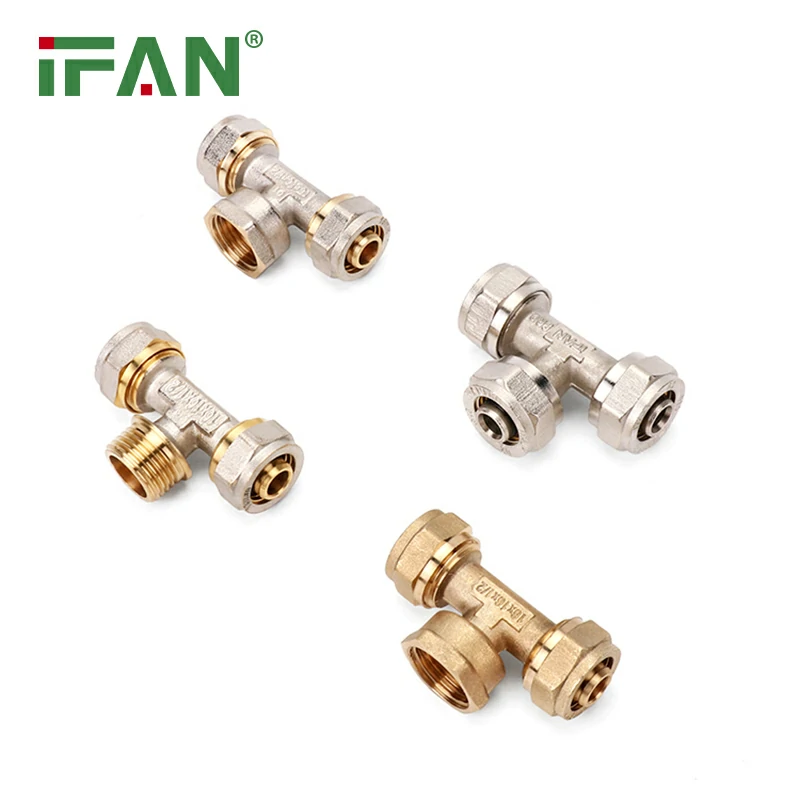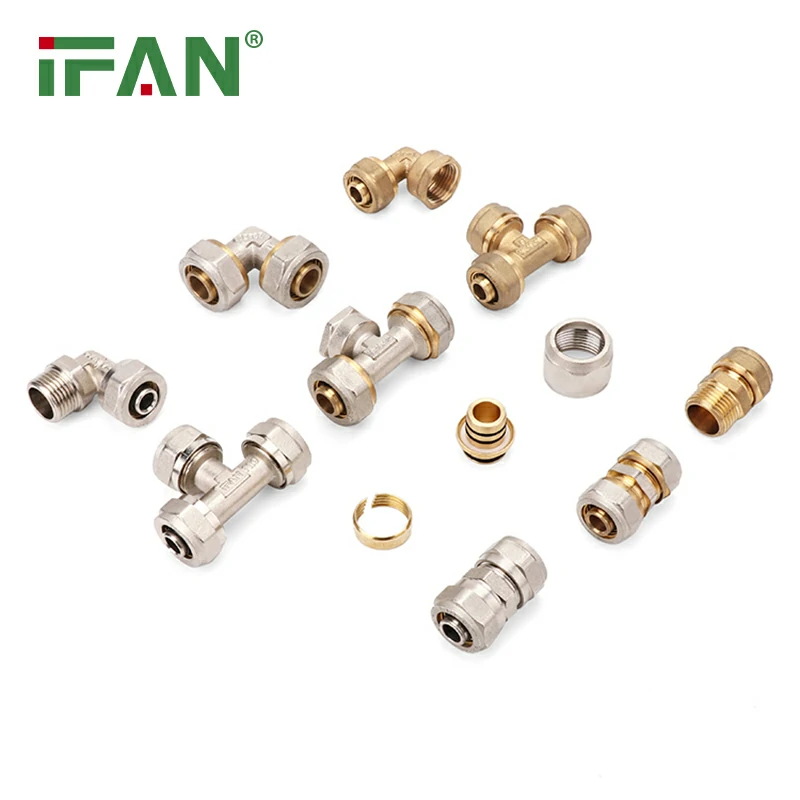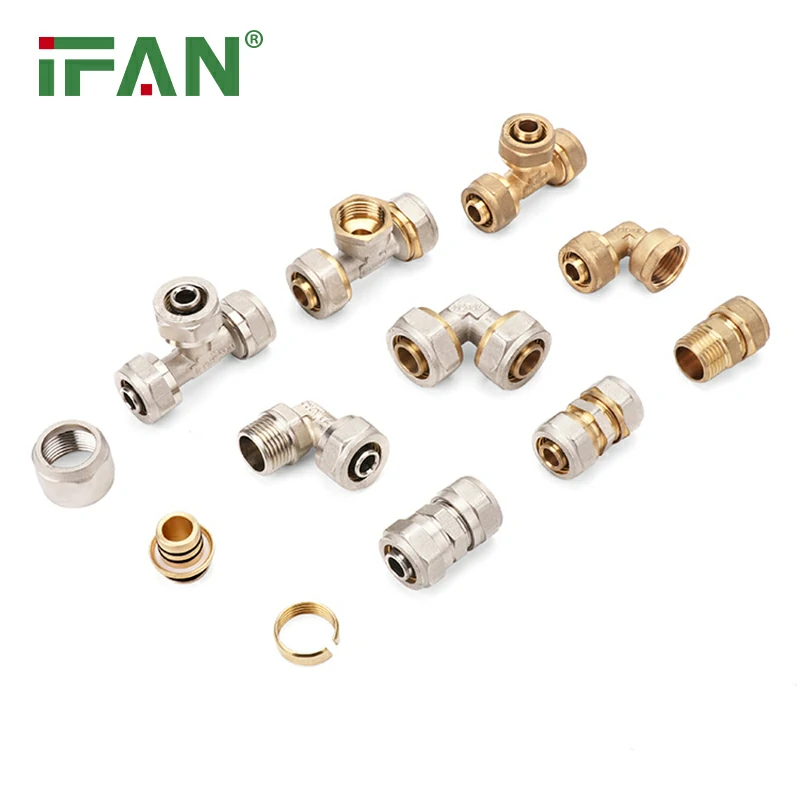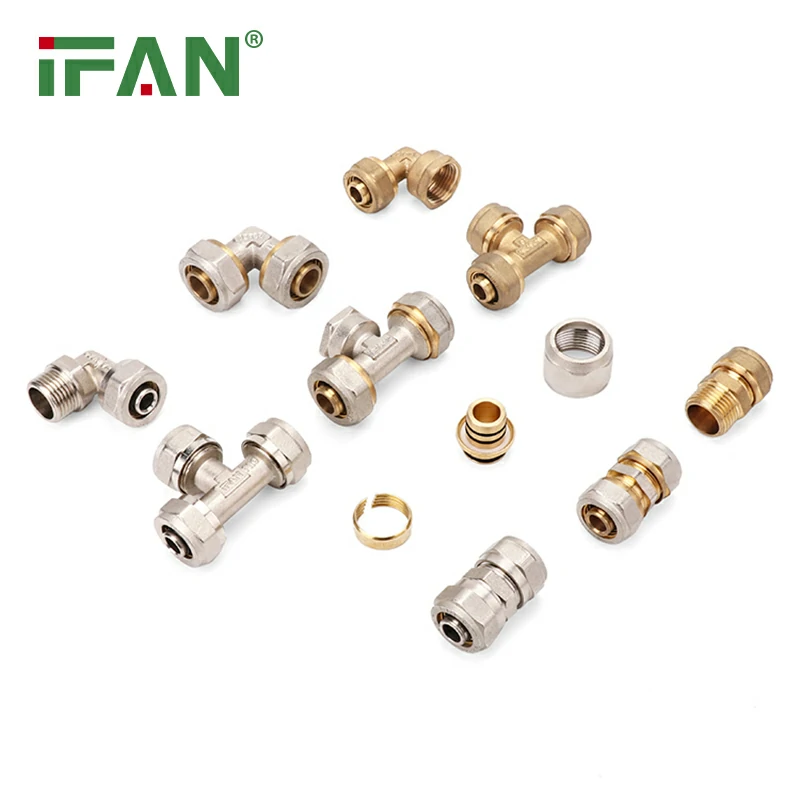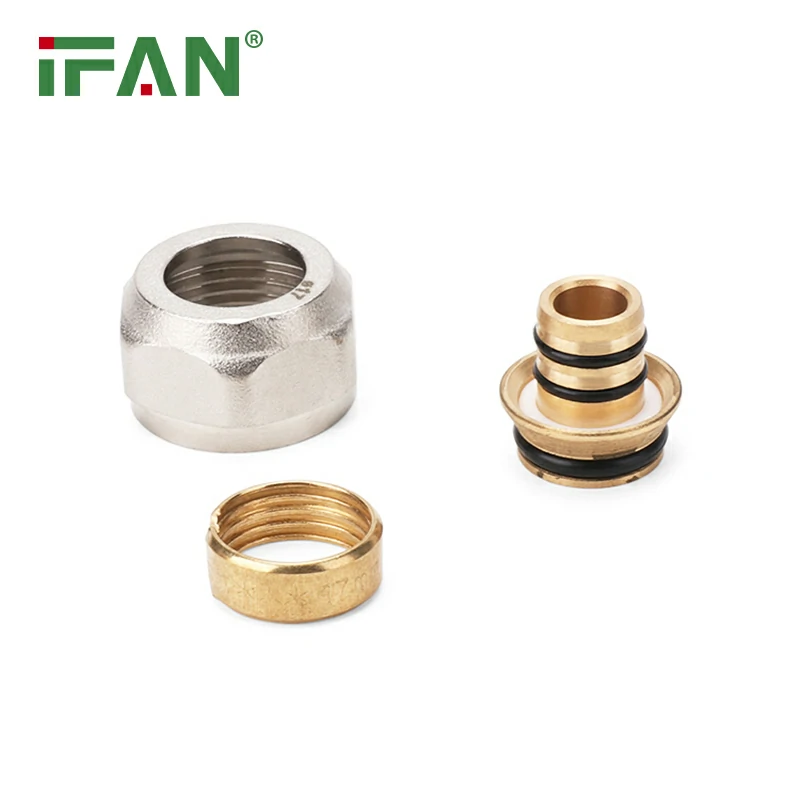Exploring the Different Types of Brass Ball Valves for Specific Applications
Introduction
Brass ball valves are versatile flow control devices that find wide application in various industries. They come in different types, each designed to meet specific requirements and applications. In this article, we will explore the different types of brass ball valves and their specific uses. Let’s break down this topic into easy-to-understand sections.
1. Full Port Brass Ball Valves
Full port brass ball valves, also known as full bore ball valves, are designed to provide unrestricted flow. These valves have a larger internal diameter, allowing for maximum flow capacity. They are commonly used in applications where minimal pressure drop and high flow rates are required. Full port brass ball valves are ideal for industrial processes, water distribution systems, and applications involving high volumes of fluid flow.
2. Standard Port Brass Ball Valves
Standard port brass ball valves, also known as reduced bore ball valves, have a smaller internal diameter compared to full port valves. These valves are suitable for applications where moderate flow rates and pressure drop are acceptable. Standard port brass ball valves are commonly used in residential and commercial plumbing systems, irrigation systems, and smaller-scale industrial applications.
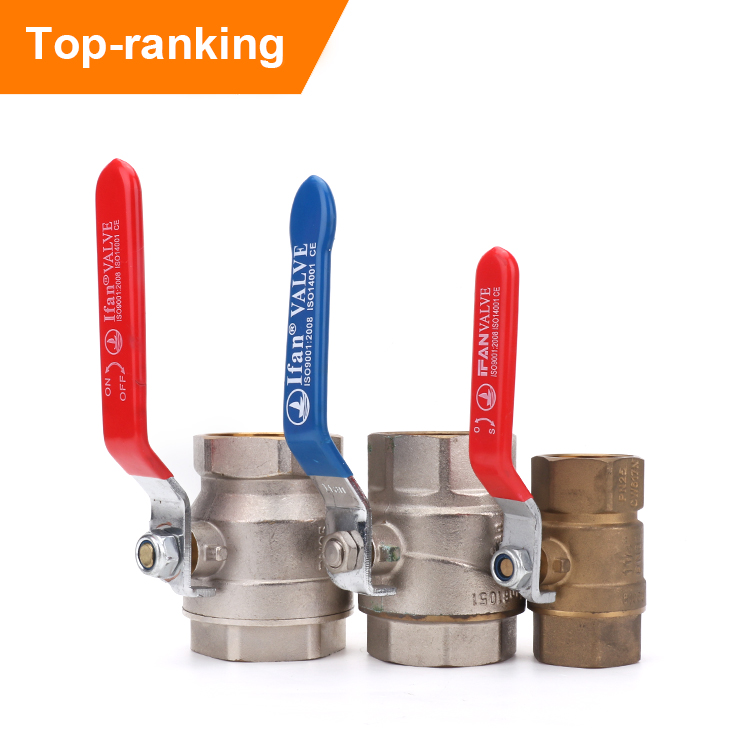
3. Three-Way Brass Ball Valves
Three-way brass ball valves are designed to provide multiple flow directions. These valves have three ports and can divert flow between two different outlets or control the mixing of fluids from two different sources. Three-way brass ball valves find applications in processes that require flow direction control, such as chemical blending, distribution systems, and HVAC systems with multiple zones.
4. Miniature Brass Ball Valves
Miniature brass ball valves are compact-sized valves designed for applications with limited space. These valves are commonly used in industries such as robotics, medical equipment, and instrumentation. Miniature brass ball valves offer precise flow control in small-scale systems and provide a reliable shut-off mechanism. Despite their small size, they exhibit the same durability and performance as standard-sized brass ball valves.
5. High-Pressure Brass Ball Valves
High-pressure brass ball valves are specifically designed to handle applications involving elevated pressures. These valves are constructed with robust materials and are capable of withstanding high-pressure systems found in industries such as oil and gas, chemical processing, and hydraulic systems. High-pressure brass ball valves provide reliable shut-off and flow control in demanding environments.
Conclusion
Understanding the different types of brass ball valves is essential for selecting the most suitable valve for specific applications. Whether it is the need for maximum flow capacity with full port valves, moderate flow control with standard port valves, multiple flow directions with three-way valves, compact size with miniature valves, or high-pressure requirements with specialized valves, there is a brass ball valve designed to meet the specific needs of every industrial application. By choosing the right type of brass ball valve, users can ensure optimal flow control, reliability, and longevity in their systems, enhancing efficiency and productivity.
